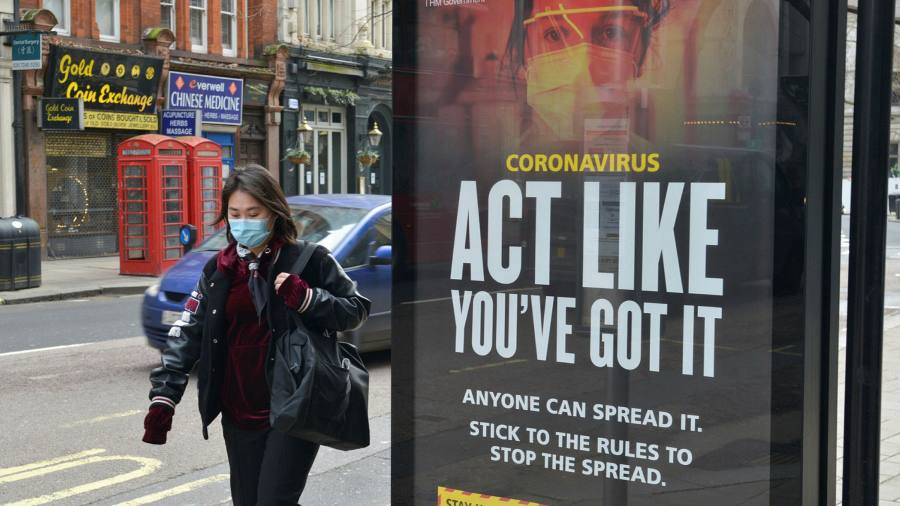[ad_1]
Another wave of coronavirus infections will hit the UK at some point later this year, the top government scientific and medical advisers warned MPs on Tuesday, as they cautioned against speeding up the planned relaxation of the lockdown restrictions in England.
“Things can go bad very quickly,†said Chris Whitty, England’s chief medical officer. “A lot of people may think it’s all over but I would encourage them to look at continental Europe right now. It is easy to forget how quickly things can turn bad if you don’t keep an eye on them.â€
Witty and Sir Patrick Vallance, the government’s chief scientist, told the Commons science and technology committee that infections would inevitably surge again at some point later this year when social interactions intensify, because not everyone will be vaccinated and the vaccine is not fully protective in everyone who receives it.
“What we are going to see is, as things are opening up, that at some point we will get a surge in virus,â€â€‰Whitty warned. “We hope it doesn’t happen soon. It might for example happen later in the summer if we open up gradually or because of the seasonal effect it might happen over the next autumn and winter.â€
Whitty cautioned against focusing on specific forecasts when he was asked by one MP about recent modelling by government scientists that relaxing restrictions might lead to 30,000 more deaths by the end of June. “Forward projections of numbers are very difficult,†he said. “The first principle is that if you open up too fast, a lot more people will die. But it is not realistic to pretend that there will not be more deaths.â€
Vallance insisted that the five week interval between the lifting of restrictions in England, as laid out by prime minister Boris Johnson in late February, was essential to assess the impact of each one.
Most pupils in England returned to classrooms on Monday for the first time since the Christmas holidays but the UK prime minister is under pressure from some of his own backbenchers to open up the economy more quickly than planned.
Vallance explained that it would take three to four weeks to evaluate the effect of each step on infection rates, hospitalisations and deaths. The fifth week was needed to advise everyone affected about any changes to the government’s timetable. If you shorten that, “you are essentially flying blindâ€, he told MPs.
He gave the example of the return of schools this week, pointing out that scientists were unsure about its impact on infection rates. Modelling showed that the effect on transmission of sending children back to classrooms could be an increase anywhere between 10 per cent and 50 per cent, he explained.
Meanwhile, Sir Simon Stevens, the head of the NHS, stoked controversy over the government’s proposed 1 per cent pay increase for doctors and nurses when he told another group of MPs that the health service had been preparing a 2.1 per cent increase before the pandemic struck in 2019.
“At the time the working assumption was that there would be available 2.1 per cent . . . in 2021-22,†he told MPs on the health and social care committee.Â
Stevens said that it was important for NHS staff to receive “proper recognition†for their efforts throughout the crisis, but argued that wider discussions on matters such as one off bonuses were for the government to make as part of wider discussions about NHS pay.Â
He acknowledged the country’s financial and health situation had “changed†since 2019 and said he supported the government’s intention to allow the independent pay review body to make its recommendations on the matter.
[ad_2]
Source link





